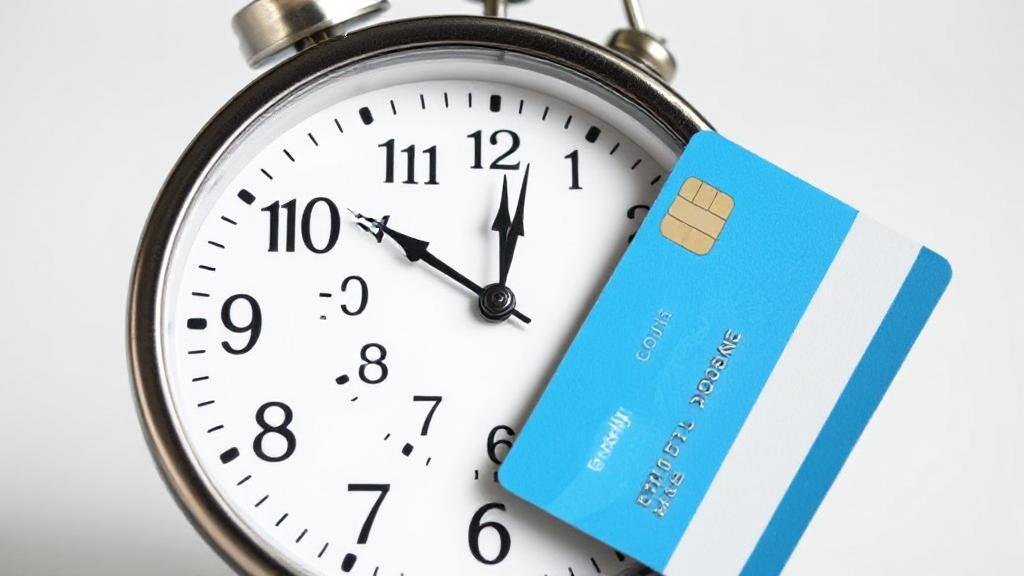Understanding Credit and Its Importance
Before diving into the timeline, it's essential to understand what credit is and why it matters. Credit is essentially your financial trustworthiness, represented by a credit score. This score is used by lenders to determine your eligibility for loans, credit cards, and other financial products. A good credit score can lead to better interest rates and terms, while a poor score can limit your financial options.
Timeline for Establishing Credit
For those with no credit history, it typically takes 6 months of credit activity before a FICO® score can be generated. This is because credit scoring models need sufficient data to evaluate your creditworthiness.
Timeline Breakdown
1-6 Months
During this period, focus on establishing credit accounts and making timely payments. Your credit file is beginning to develop, but you may not yet have a credit score.
6-12 Months
After six months of credit activity, you should receive your first credit score. According to Experian, many people start with scores in the mid-600s if they've managed their credit responsibly.
1-2 Years
This is when your credit history starts to mature. With consistent positive behavior, scores can reach the good range (670-739).
Factors Influencing Credit Building Speed
Payment History (35% of FICO Score)
- Make all payments on time
- Set up automatic payments
- Keep accounts in good standing
Credit Utilization (30% of FICO Score)
Keep your credit utilization ratio below 30% for optimal credit score impact. For example, if you have a $1,000 credit limit, try to keep your balance below $300.
Length of Credit History (15% of FICO Score)
The average age of your credit accounts impacts your score. Avoid closing old accounts unless necessary.
Steps to Establish Credit
-
Open a Credit Account: Start with a secured credit card or credit-builder loan designed for individuals with no credit history.
-
Become an Authorized User: If possible, become an authorized user on a family member's credit card with good standing.
-
Make Timely Payments: Ensure all bills are paid on time, including utilities and rent, as some services report to credit bureaus.
-
Monitor Your Credit Report: Regularly check your credit report through AnnualCreditReport.com.
-
Keep Credit Utilization Low: Use less than 30% of your available credit limit.
Expected Timeline to Different Credit Ranges
| Credit Score Range | Typical Time to Achieve |
|---|---|
| Fair (580-669) | 6 months - 1 year |
| Good (670-739) | 1-2 years |
| Very Good (740-799) | 2-4 years |
| Excellent (800+) | 4-7 years |
Best Practices for Credit Building
Regular Monitoring
Use free credit monitoring services like Credit Karma to track your progress.
Responsible Credit Use
Warning Signs to Watch
- Multiple hard inquiries
- High balances
- Missed payments
- Collections accounts
Remember that building credit is a marathon, not a sprint. Focus on consistent, responsible credit management, and your score will improve over time. While there are no shortcuts to excellent credit, understanding these timelines can help you set realistic goals and track your progress effectively.
